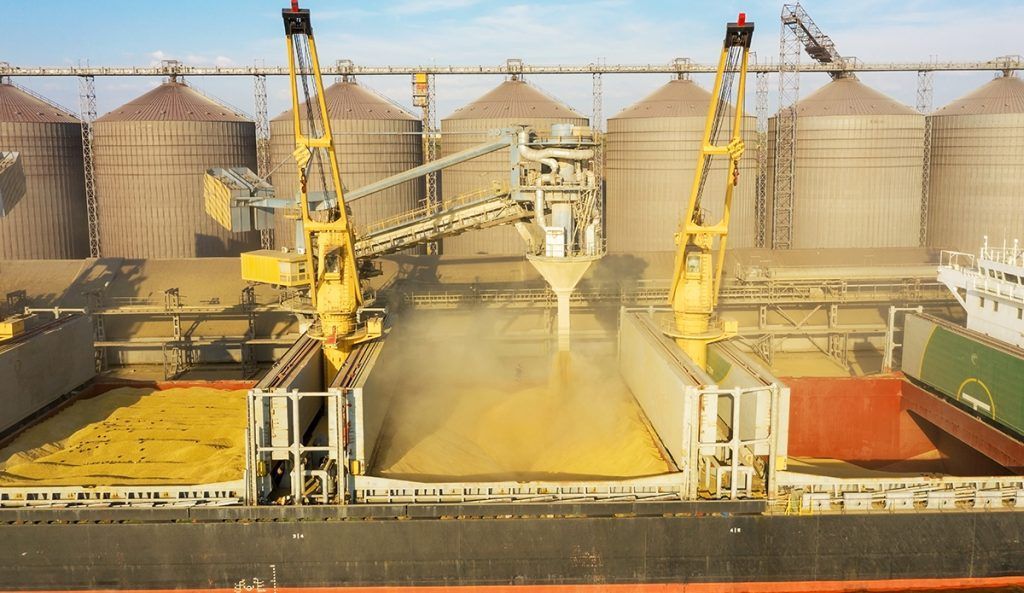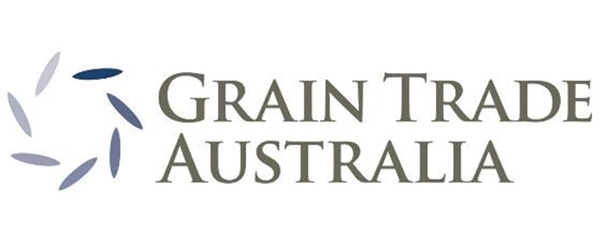Australia’s Logistical Challenges
The 2021/22 harvest is behind us and now comes the task of moving this record crop to its destination, whether that be to domestic end users or via the export pathway. We knew logistics would be strained given the sheer size of the Australian crop, however this has been exacerbated by the added pressure of mother nature.
Western Australia had another bumper season, setting a new winter production record of 23.1MMT. Their logistics issues started early in the season with the lack of staff to run rail lines through the state due to staffing reductions, a result of the ‘covid recession’. As time went on, the staffing situation was resolved, and rail lines picked up pace again moving grain to port. However, a new challenge struck with bushfires ravaging parts of the state. This added further pressure to an already stressed supply chain moving grain to the state’s major export elevators.
On the east coast however, we have seen the opposite weather issue with severe floods bringing the supply chain to a halt in some areas. From November 2021 until now, we have seen rainfall records set with Southern Queensland and Northern New South Wales seeing their worst floods on record. This not only hampered access to on farm storage, but completely cut off roads and rail moving grain to domestic homes and export elevators.
The combination of fires and floods has led to a backlog on the shipping stem with vessels waiting up to four weeks to load. The grain terminals in southern Queensland (Fisherman’s Island and QBT) as well as Newcastle (GrainCorp Carrington and NAT) and Port Kembla (QUATTRO and GrainCorp Port Kembla) in New South Wales have all been disrupted causing significant delays for vessel and increasing the demurrage bills for shippers.

Overall, the last five months have been the most challenging in memory for logistics. This pressure will stay in place for the foreseeable future with continued high demand for Australian grain on the back of the war in Ukraine. As a consequence, shippers and receivers alike will have to continue to have one eye on the weather and domestic logistics as well as the traditional considerations of quality and price when making a determination where and when to buy their Australian grain requirements.
For more information on Basis Commodities and how we can assist your business to manage the current pressures being placed on logistics throughout the country, send the team an email at info@basiscommodities.com.
If you would like to receive regular market information from Basis Commodities, be sure to sign up to our weekly market reports below.
The post Australia’s Logistical Challenges appeared first on Basis Commodities.
Share This Article
Other articles you may like
Sign Up
Enter your email address below to sign up to the Basis Commodities newsletter.






